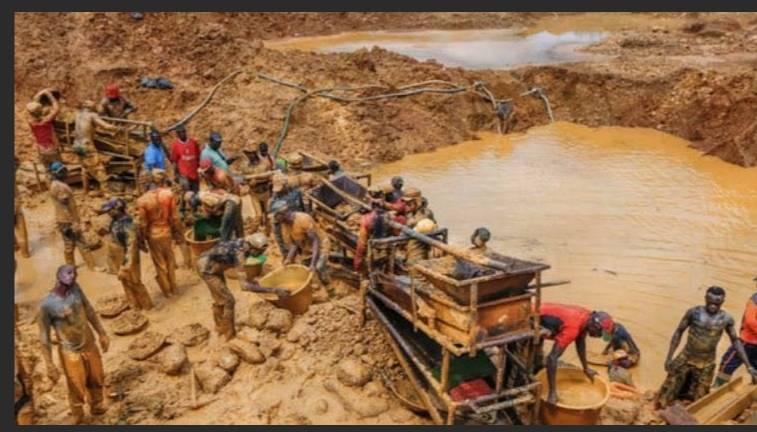Cassius Mining, an Australian gold mining company, has filed a $443 million claim against the Ghanaian government. This development, stemming from an alleged breach of contract and legal disputes over its gold mining project, has garnered significant international attention. The case has been submitted to the Court of International Arbitration in London.
Background of the Dispute
Cassius Mining has been operating in Ghana’s Upper East Region, where it holds a mining concession. The company alleges that the Ghanaian government failed to uphold its contractual obligations, resulting in financial losses and operational disruptions. While the specifics of the breach have not been fully disclosed, sources suggest that the disputes revolve around licensing, environmental compliance, and financial guarantees.
“We have invested heavily in Ghana, and our commitment to sustainable and ethical mining practices is unwavering. However, the government’s actions have left us with no choice but to seek redress,†stated a spokesperson for Cassius Mining.
Implications for Ghana’s Mining Sector
The lawsuit comes at a time when Ghana’s mining sector is under scrutiny for its regulatory practices and transparency. Ghana, the second-largest gold producer in Africa, heavily relies on mining for foreign exchange and employment. Disputes such as this could tarnish its reputation as a stable and investor-friendly destination.
Industry analysts warn that the case could deter foreign investment. “Ghana’s ability to attract and retain international mining companies depends on its commitment to honoring contracts and providing a predictable regulatory environment,†said Dr. Kwame Appiah, a mining expert at the University of Ghana.
Government’s Response
The Ghanaian government has yet to release an official statement regarding the claim. However, insiders indicate that the Ministry of Lands and Natural Resources is reviewing the case and preparing a robust defense.
“We remain committed to ensuring that all mining activities in Ghana comply with our laws and contribute to national development. Any disputes will be resolved through appropriate legal channels,†an unnamed government official commented.
Potential Outcomes
Legal experts suggest that arbitration could take months or even years to conclude. If the court rules in favor of Cassius Mining, Ghana may face significant financial and reputational repercussions. On the other hand, a ruling in favor of the government could bolster its position in enforcing regulatory standards.
A Call for Transparency and Dialogue
Stakeholders in Ghana’s mining sector have called for transparency and dialogue to prevent similar disputes in the future. Civil society organizations are urging the government to prioritize fair and open negotiations with mining companies to avoid costly litigation.
“This case underscores the need for robust governance and adherence to the rule of law in Ghana’s natural resource management,†noted Abigail Mensah, a policy analyst with the Africa Centre for Natural Resource Governance.
As the case unfolds, the world will be watching how Ghana navigates this challenge and its broader implications for the country’s mining sector and investment climate.



No comments yet
Be the first to share your thoughts!